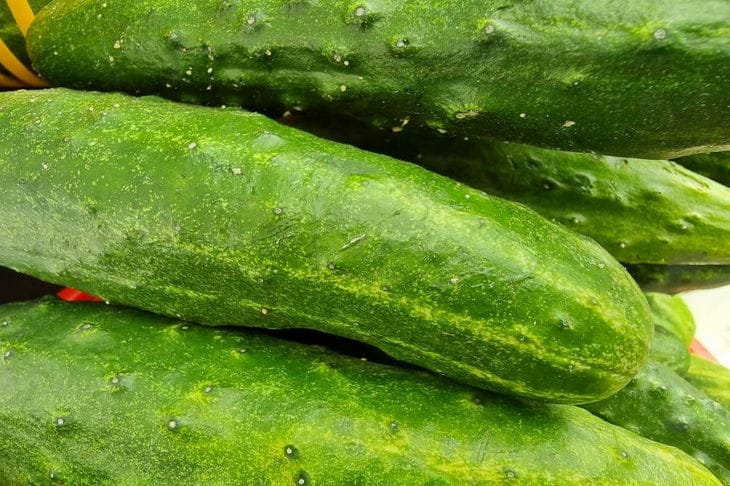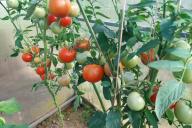While the weather in April can still fluctuate quite a bit (the saying goes, "April's braids are like that, because they're intertwined, a little bit of winter, a little bit of summer"), May is a fairly stable month.
The overwhelming majority of days are warm, and recently even hot.
There are storms and rains, but they are necessary.

Without them, nature would not wake up so quickly after a long winter.
Therefore, it is worth taking advantage of this opportunity and continuing further work in the garden. So, what plants do we plant in May, says Anastasia Kovrizhnykh .
Trees, shrubs and other ornamental plants
Since conifers and shrubs thrive in May, it is worth considering this month whether you want to enrich your garden with junipers, firs, spruces, pines or thujas.
However, it should be borne in mind that at this time you can only sow plants sold in containers or with a lump of earth, because for those with bare roots it is already too late.
Watering plays a special role here – both before planting the seedlings and after placing them in the soil.
In addition, you can safely plant begonias, gladioli, dahlias, anemones, marigolds, sunflowers, pansies, asters, geraniums, fuchsias, ornamental pumpkins, mallows, carnations and bells.
In addition, in May it is worth tidying up the pond a little. This is a good time to sow new plants and divide old ones that have grown too much into clumps.
Vegetables and greens
In addition to coniferous trees and shrubs and other ornamental plants (both garden and balcony plants, grown in boxes and pots), in May you need to start planting seedlings of vegetables and herbs.
So, at the beginning of the month we plant cucumbers, tomatoes, peppers and eggplants in foil tunnels.
This is also a good time for mid-late varieties of carrots and beets, radishes, parsley and dill.
In turn, in the second half of May, when we are sure that we will not be surprised by night frosts, we sow corn, beans, zucchini, pumpkin, squash, pattypan squash, and at the end of May, celery, leek, lettuce, cucumber, tomato, pepper and eggplant seedlings directly into the ground.
In addition, our cultures cannot lack aromatic herbs, thanks to which we can taste dishes, for example, basil.
We can also try planting fruits, namely watermelons and melons, which do well in our climate.
Previously we talked about how to speed up the ripening of watermelons in a greenhouse.









